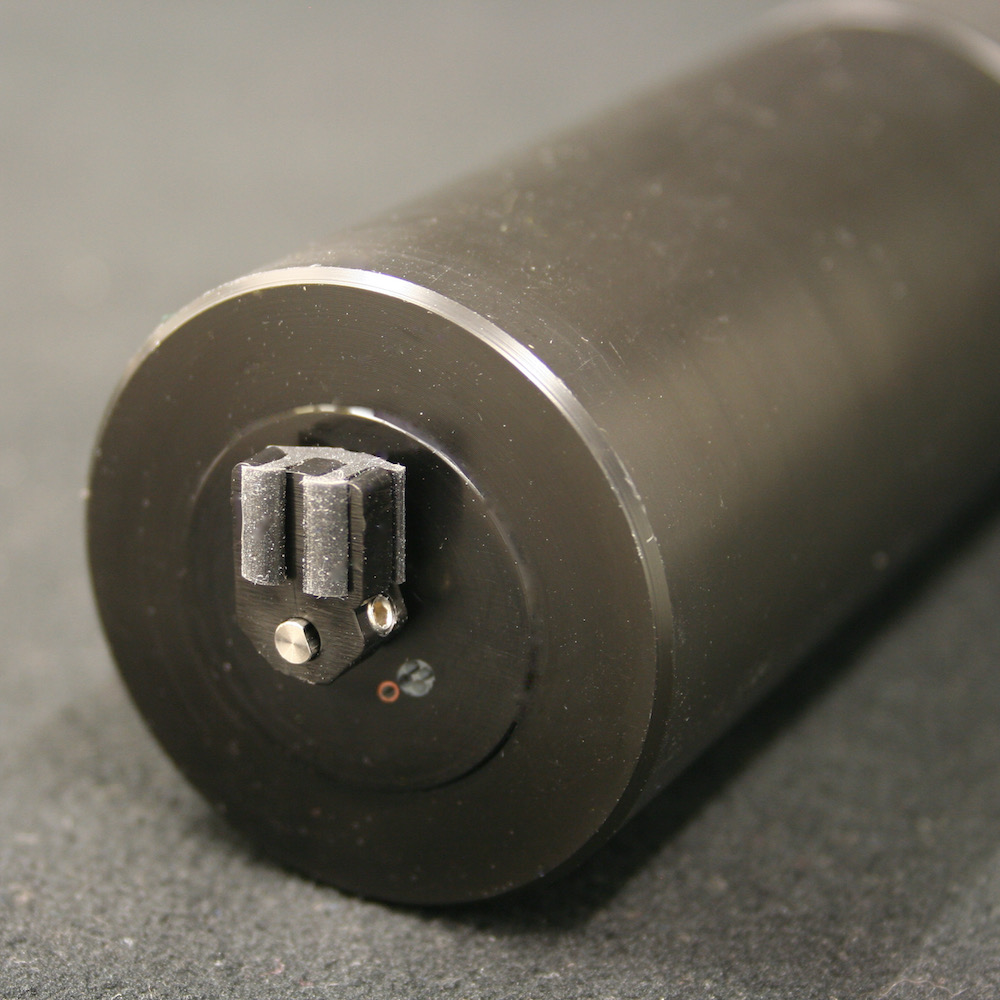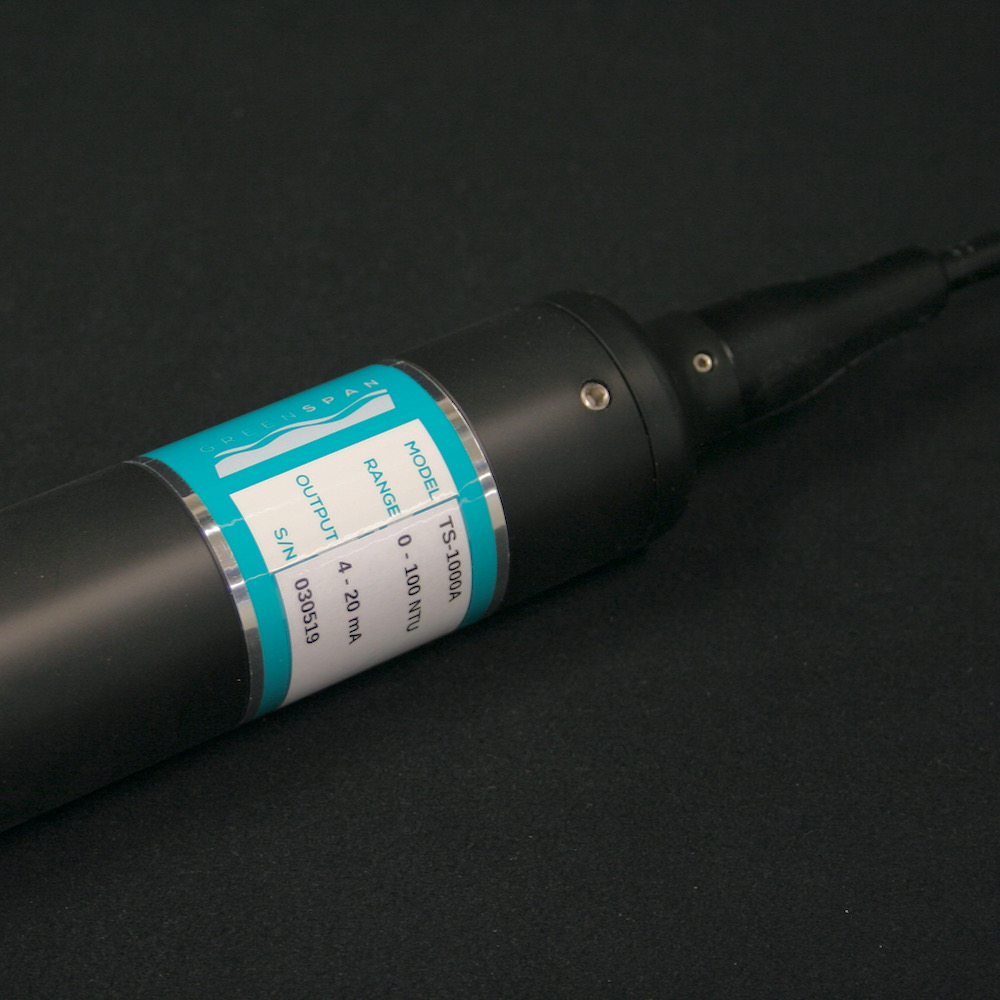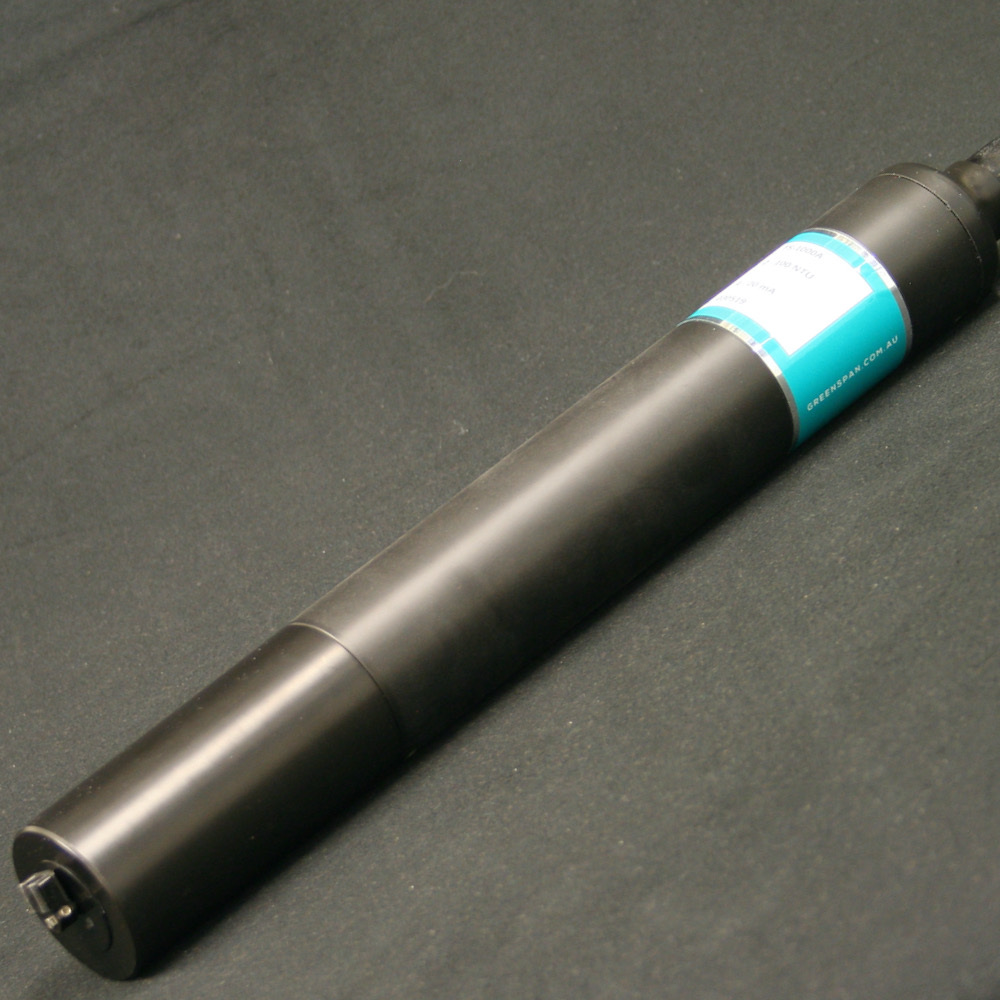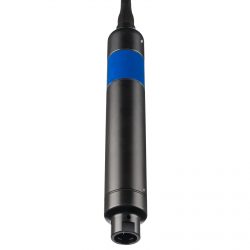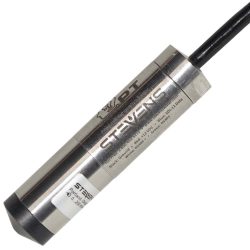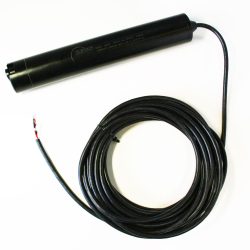Description
TS-1000L – Logging Turbidity Sensor
Turbidity is an optical feature of a liquid and a measurement of its clarity, a turbidity sensor is used to measure clarity. Determining scattered light levels within a column of water indicates turbidity. It is an important measurement to take in assessing the quality of a body of water as both plant and animal growth depend on turbidity levels.
Learn more about water turbidity and how sensors can be used for hydrological studies.
Greenspan TS-1000L: Australian Made
The Greenspan TS-1000A logging turbidity sensor is a low-power unit with an integrated logger. The sensor features an integral wiper, providing long-term reliable operation at remote sites where bio-fouling or sedimentation is likely.
A durable acetal body and double O-ring design ensure suitability for harsh environment applications. The TS-1000A turbidity sensor can be supplied in various ranges and comes fitted with a molded polyurethane cable.
Optional Extras for TS-1000L
Specifications
Measurement Technique: 90° Infra-red (ISO7027)
Ranges Available: 100 NTU, 400 NTU & 1000 NTU. Other ranges are available to order.
Sensor Outputs: Internal Data Logger – serial data via SensorMate software optional adaptor provides SDI12 serial output (3 wire)
Power supply: 8 to 30 V DC (at the sensor), or on-board battery pack (option)
Current consumption: Sleep <0.2 mA, logging 20 mA, communicating 30 mA (consumption rates vary depending on parameters selected)
Internal data logger: Non-volatile, battery-backed RAM with real-time clock
Memory size: 4 Mb capacity, with user-selectable wrap function, typically 250,000 readings. (At 5-minute data for >12 months)
Dimensions (L x OD): 486 mm x 47 mm (19.13” x 1.85”)

